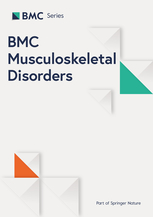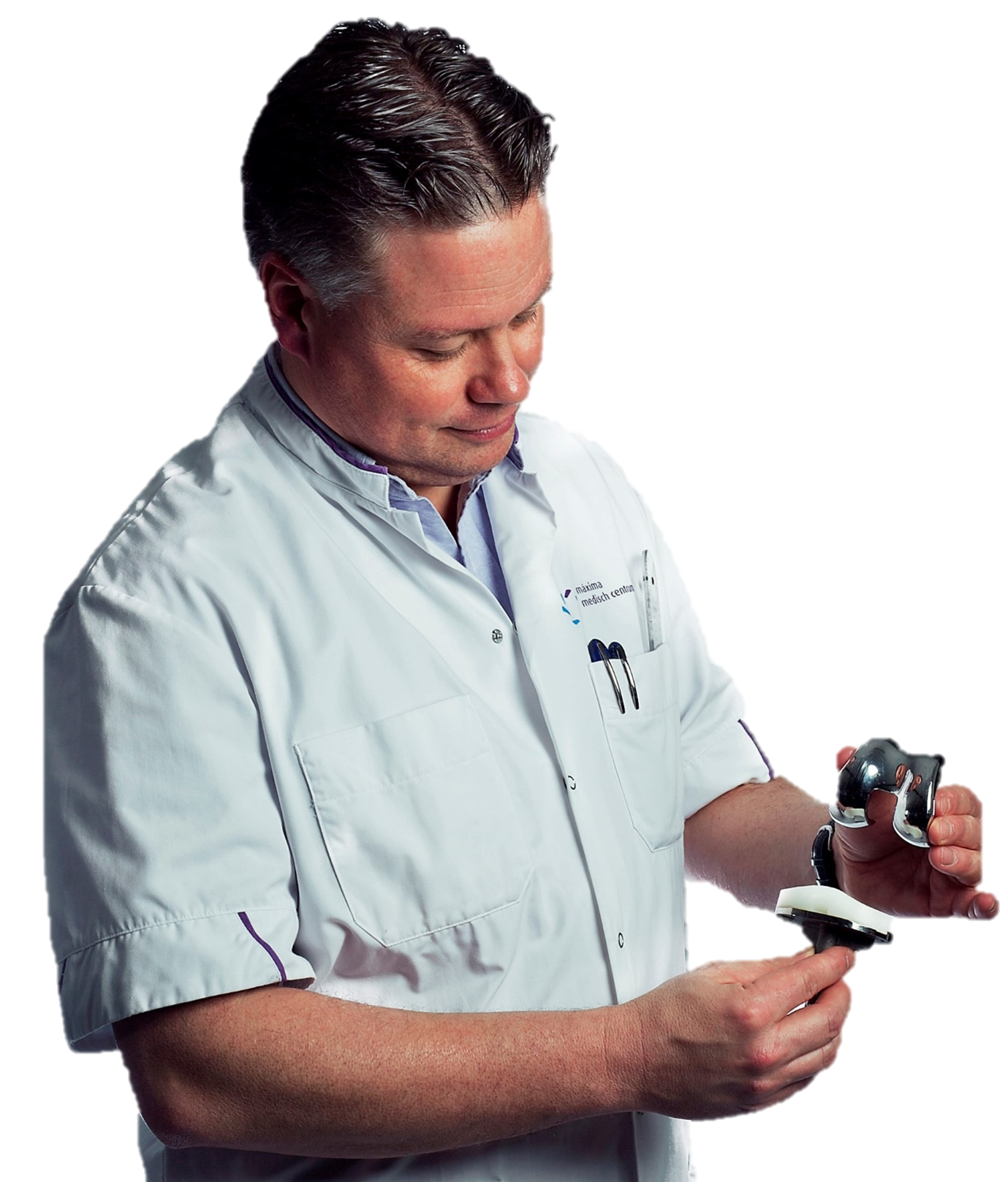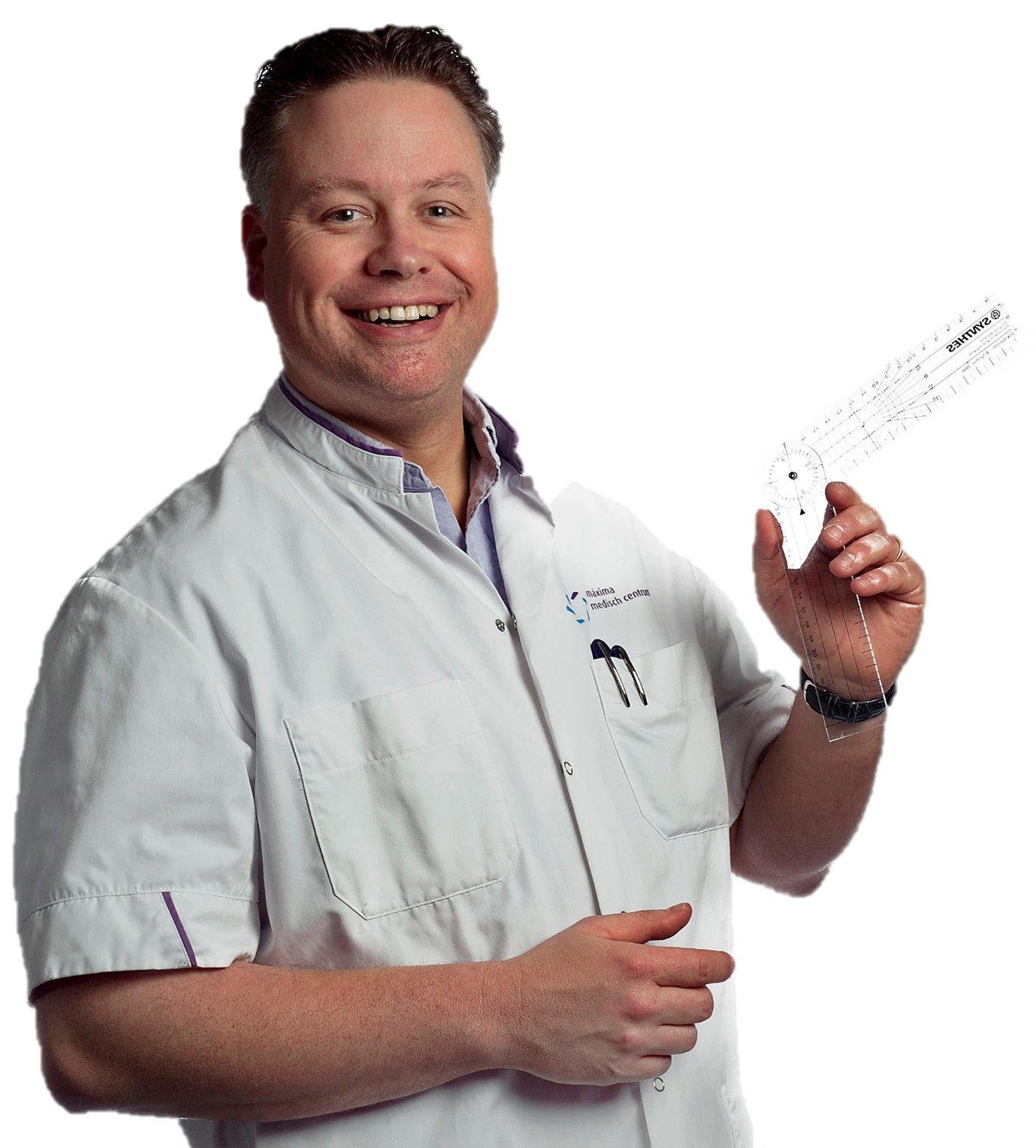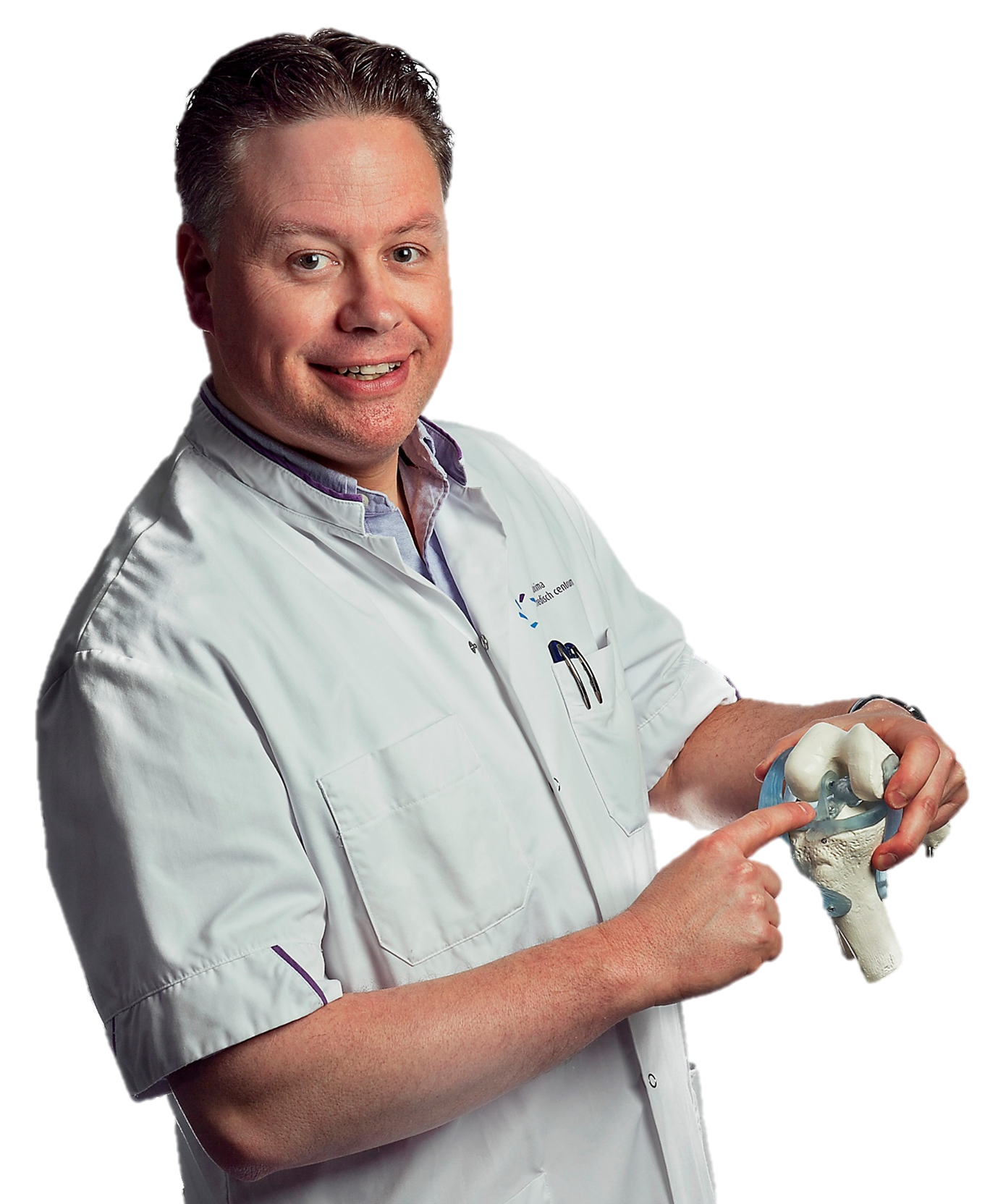STARR Study Group, Meuffels, D. E., &...
Pedi-IKDC or KOOS-Child: which questionnaire should be used in children with knee disorders?

Abstract
BACKGROUND:
The Pedi International Knee Documentation Committee (IKDC) and Knee Injury and Osteoarthritis Outcome Score (KOOS) child are validated questionnaires for children with knee disorders. The aim of this study was to translate these questionnaires in Dutch and to recommend which questionnaires should – based on their psychometric properties – be used in clinical practice.
METHODS:
The English Pedi-IKDC and KOOS-Child were translated by the forward-backward procedure. Subsequently, content validity of the Pedi-IKDC and KOOS-Child was evaluated by both patients (n = 18) and experts (n = 18). To evaluate construct validity and interpretability participants with knee disorders (n = 100) completed the Numeric Rating Scale Pain, Lysholm Knee Scoring Scale, EuroQol-5 Dimension, Pedi-IKDC and KOOS-Child at baseline. Participants completed the anchor question, Pedi-IKDC and KOOS-child two weeks (n = 54) and one year (n = 71) after baseline, for evaluating the test-retest reliability and responsiveness. Psychometric properties were interpreted following the COnsensus-based Standards for the selection of health Measurement INstruments (COSMIN) criteria.
RESULTS:
The Pedi-IKDC showed adequate test-retest reliability (intraclass correlation coefficient (ICC) 0.9; standard error of measurement (SEM) 8.6; smallest detectable change (SDC) 23.8), adequate content validity (> 75% relevant), adequate construct validity (75% confirmed hypotheses), low floor or ceiling effects (scores between 5 and 95) and adequate responsiveness (> 75% confirmed hypotheses). The KOOS-Child showed an adequate test-retest reliability (ICC 0.8-0.9; SEM 8.9-16.9; SDC 24.7-46.9), adequate content validity (> 75% relevant, except KOOS-Child subscale ADL), adequate construct validity (75% confirmed hypotheses), low floor and ceiling effects (scores between 5 and 95, except KOOS-Child subscale activities of daily living and Sport/play) and moderate responsiveness (40% confirmed hypotheses).
CONCLUSIONS:
The Pedi IKDC showed better psychometric properties than the KOOS-Child and should therefore be used in children with knee disorders.





